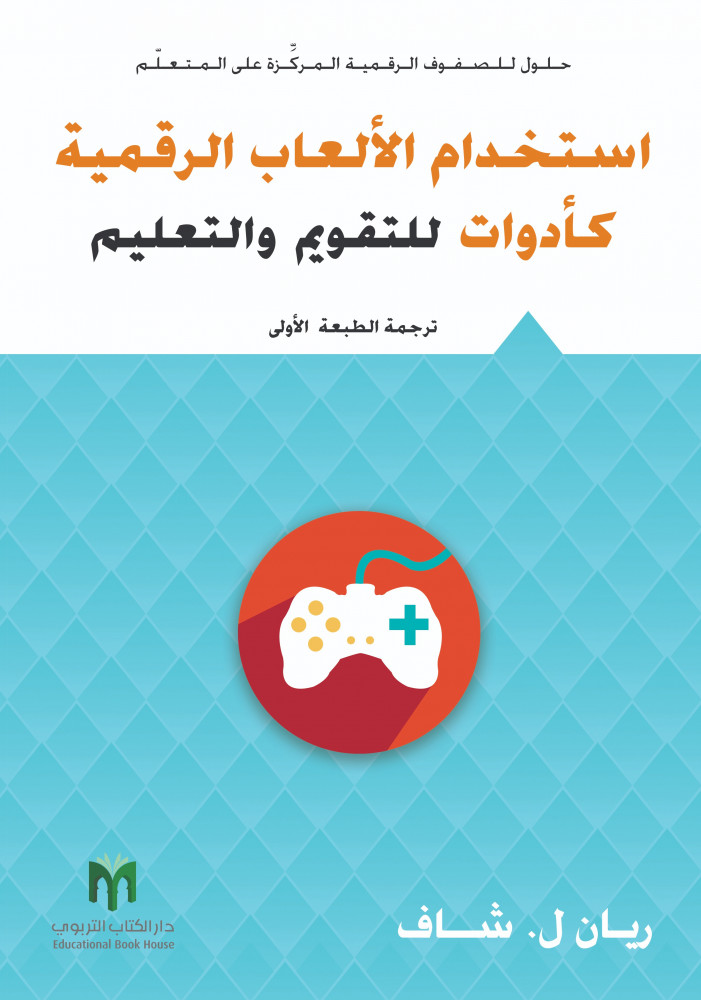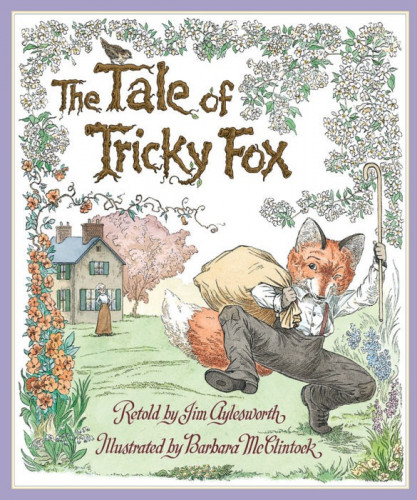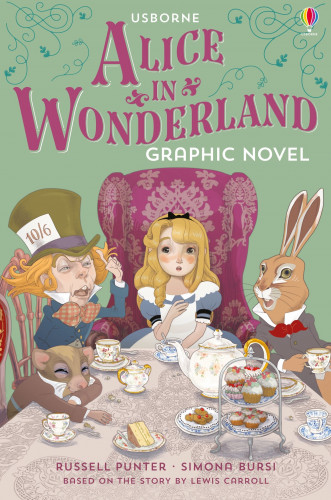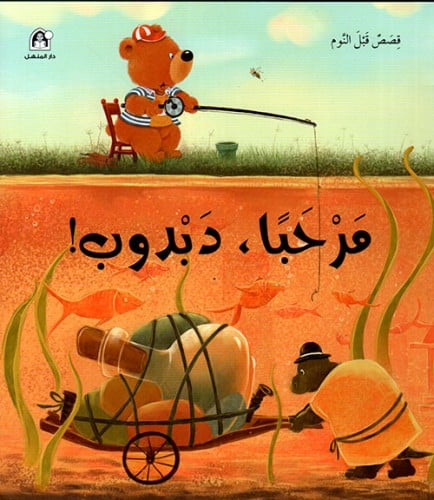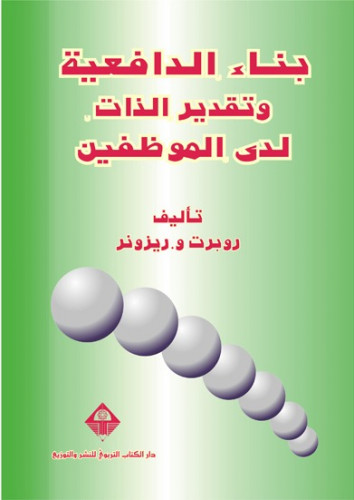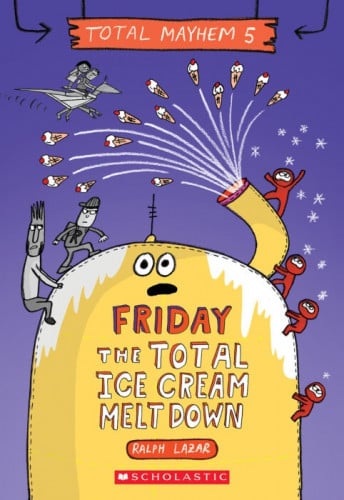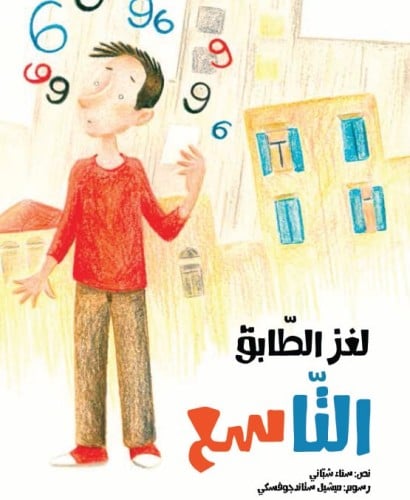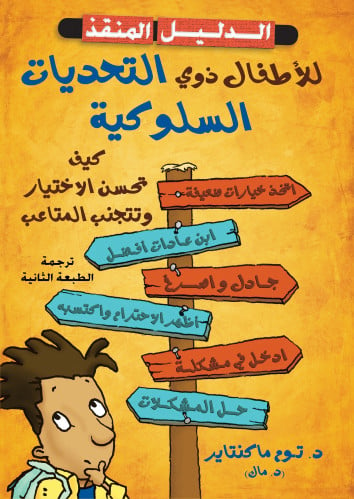AVAILABLE IN ARABIC
About This Book
Combine hard work and deep fun in classrooms with digital game-based learning. Students of the always-on generation gain information through different tools and learn differently than generations before them. Discover how to incorporate digital games and use them to craft engaging, academically applicable classroom activities that address content standards and revitalize learning for both teachers and students.
Benefits:
• Gain practiced guidance for implementing digital games for the classroom.
• Consider research and theory that confirm the power of play in childhood development and learning.
• Explore the positive and negative characteristics of different gaming platforms.
• Review classifications of games, including the prime educational uses for short- and long-form games.
• Examine the different types of assessment, how they can factor into digital games, and the roles facilitators and students play with each.
Topics : Teaching Strategies
Table Of Content
About the Author
Introduction: The Gamer in All of Us
From Entertainment to Edutainment to Education
Teachers Versus Facilitators.
Chapter 1: Finding Good Digital Games—Where to Look
Web Browser—Based Games
Sheppard Software
PBS KIDS Games
Mr. Nussbaum
National Geographic Kids .
Poptropica
Funbrain
PrimaryGarnes
ABCya com
Arcademic Skill Builders
Games for Change
PowerMyLearning
The Stacks .
Facilitate Gaming Experiences With Browser-Based Games.
Steam
Gaming Consoles
App Markets: Tablets and Smartphones
The Oregon Trail,' Settler
Angry Birds
VocabularySpelingCity
OragonBox Algebra 5+
Powers of Minus Ten.
Math 2 Player Math Game
Bridge Constructor
The Most Popular Strategy for Finding Digital Games
Chapter 2: Evaluating and Field Testing Digital Game
Learning With Digital Games: Strategies That Work
Lesson Motivation
Free Play
Baseline to finish Line.
Setting a Mental Stage
Gaming With Anticipation
Teams and Tournaments.
A1-earning Event
The *Long Experience" of Playing and Learning
Minecraft and MinecraftEdu
The Sandbox and The Sandbox EDU
WOW in School
Lure of the Labyrinth
Chapter 3: Gaming and Instructional Assessment
Summative Assessment
Repetition: Test-Taking Preparation and Review
Formative Assessment
Stealth Assessment
Learning Analytics
Takeaways for Readers
Takeaway 1: Five Educational Super Blogs for Digital Learning
Takeaway 2 Evernote Public Notebook.
Takeaway 3 Digital Learning Game Database
Takeaway 4 DLGD Participation
Leveling Up Classrooms
Appendix: Discussion Questions
References and Resources
About the Authors
Ryan L. Schaaf:

Ryan Schaaf is the Assistant Professor of Educational Technology at Notre Dame of Maryland University, and a faculty associate for the Johns Hopkins University School of Education Graduate Program, with over 15 years in the education field. Before higher education, Ryan was a 3rd-grade public school teacher, instructional leader, curriculum designer, and a technology integration specialist in Howard County, Maryland. In 2007, he was nominated for Howard county and Maryland Teacher of the Year.
In the past, Ryan has published several research articles in the New Horizons for Learning and the Canadian Journal of Action Research related to the use of digital games as an effective instructional strategy in the classroom.
Currently, he is overseeing and constructing peer-reviewed K-12 lesson units for the 21st Fluency Project, where he is also a featured contributor for the renowned Committed Sardine blog. He enjoys presenting sessions and keynotes about the potential for gaming in the classroom, the characteristics of 21st-century learning, and emerging technologies and trends in education.
Ryan is happily married to his beautiful wife Rachel and has two little boys that are his pride and joy. In his free time he enjoys fishing, exercising, gardening, and volunteering in local schools.
ISBN: 9786038147597
Author: Ryan L. Schaaf
Publisher: Educational Book House
Publish Year: 2018
Size: 17*24cm
Pages number: 76

